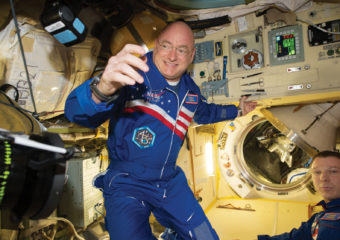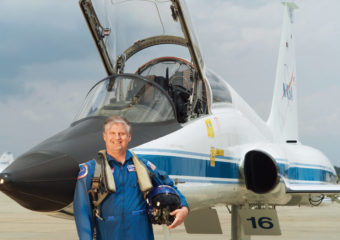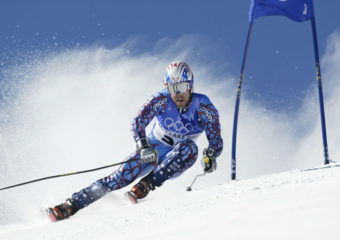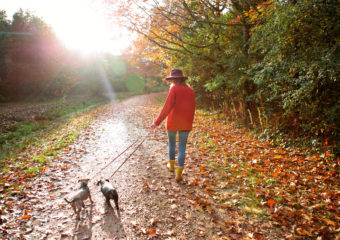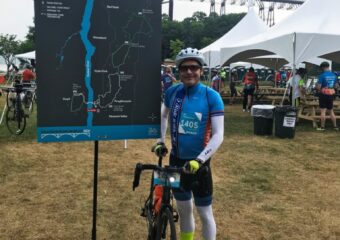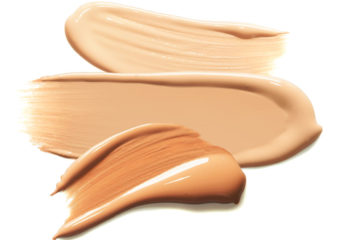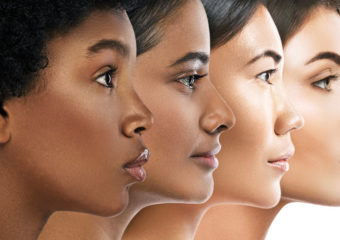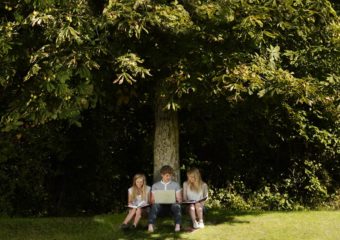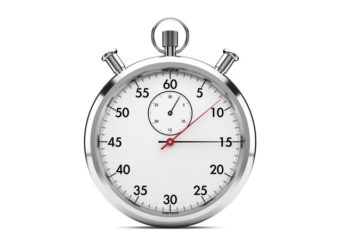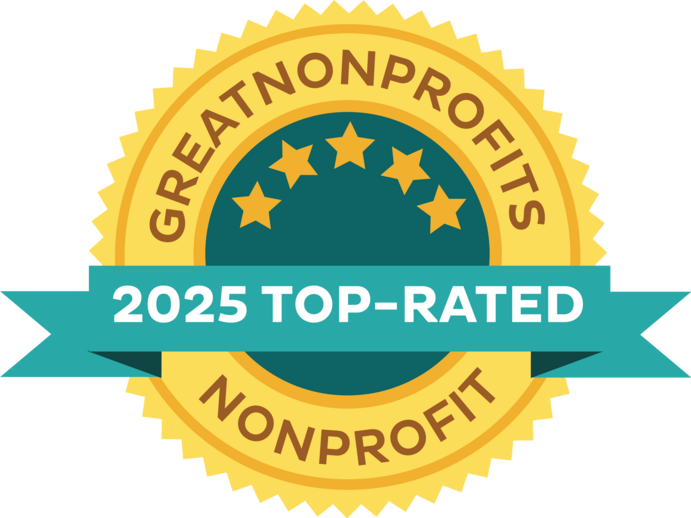As senior director of science & education, Julie Bain leads the effort to ensure that The Skin Cancer Foundation is at the forefront of all medical and scientific information related to educating the public and health-care professionals about skin cancer prevention, early detection and treatment. She acts as chief editor and content strategist for The Skin Cancer Foundation Journal and patient education materials. She collaborates with our teams on content for use across all platforms by writing, reviewing and editing for our editorial standards.
A longtime health and science writer and editor, she brought a personal history of skin cancer and a passion for the Foundation’s mission to the job in 2015. Previously, Bain served as health director for print and digital at Ladies’ Home Journal and Reader’s Digest and has written for many brands including The New York Times, Web MD, Popular Science, AARP, SELF and others. She lives in New York City, where she uses sunscreen every day and always walks on the shady side of the street.



